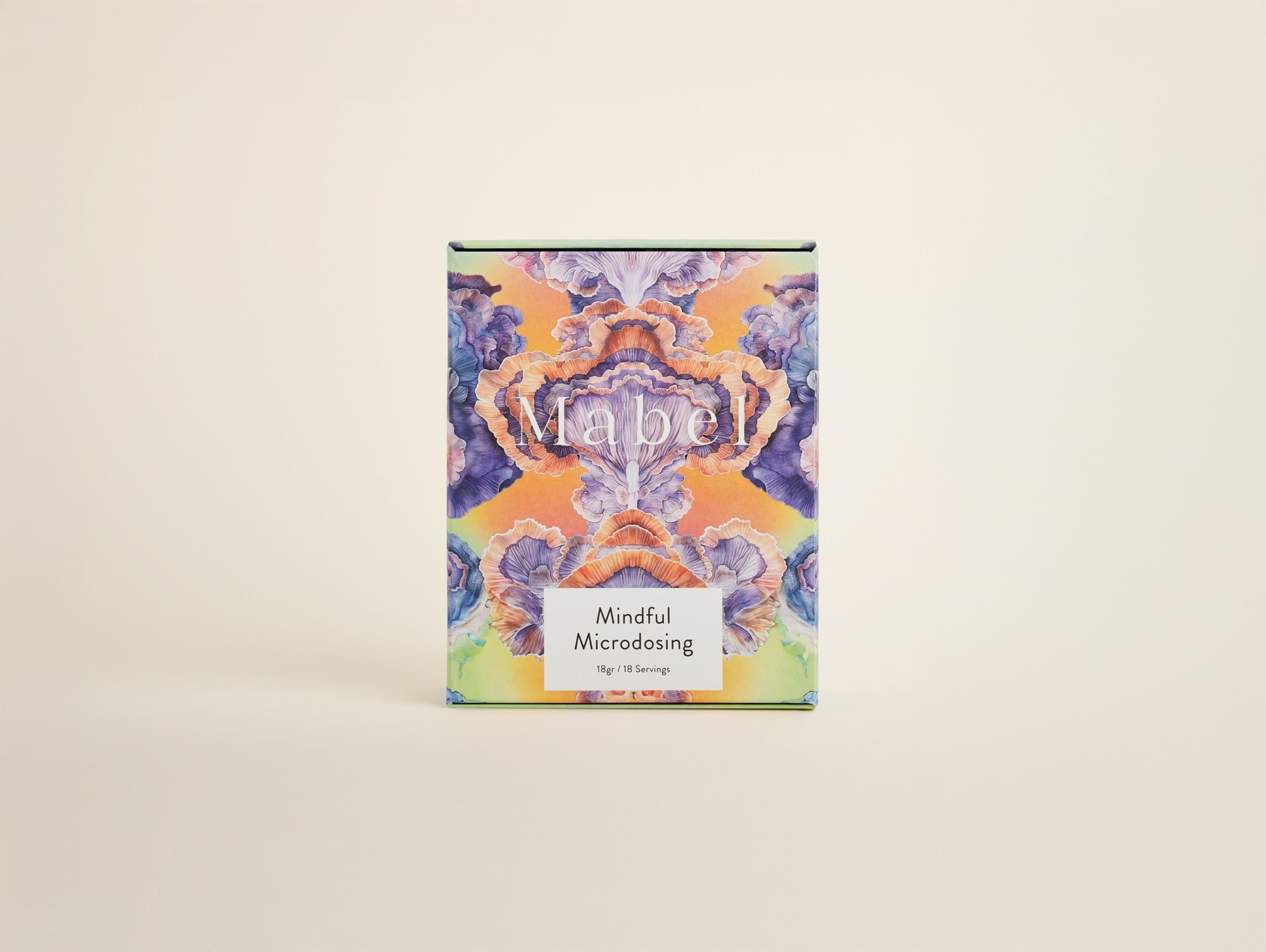Setting goals is easy, sticking to them is tricky
Whether it’s building new habits, pursuing long-term ambitions, or simply following through on everyday plans, most of us struggle to keep the promises we make to ourselves.
Why? Because creating change requires more than just willpower; it takes strategy, consistency, and the right mindset. Right!?
We’ve all heard this before, and we’ve all tried it. Yet, despite our best intentions, something seems to hold us back. The truth is, there’s a deeply rooted neurological mechanism at play, one that works against all our good intentions.
The ski slope analogy: Understanding your brain’s resistance to change
Imagine standing at the top of a ski slope at the end of the day. The snow is etched with a clear and familiar path, tracks that are well-worn and easy to follow. These tracks represent the habits, thought patterns, and routines your brain has been carving over years. Even if those tracks lead to behaviors or emotions that aren’t good for you, they’re known to you! And the known, even when it’s bad, feels safer to your brain than the unknown.
Now, picture microdosing as a fresh layer of powder snow covering those old tracks. With this clean slate, your brain has the freedom to forge new paths, creating healthier patterns and learning more adaptive ways to navigate challenges. This fresh snow doesn’t erase the old tracks entirely, but it gives you the chance to choose a different direction, a new path so to speak.
It’s not magic - it’s science
Microdosing supports the process of change by working with your brain rather than against it. Here’s how it helps:
-
Boosts neuroplasticity
Psilocybin interacts with your brain’s serotonin 5-HT2A receptors, promoting neuroplasticity, the brain’s ability to form new connections and adapt to new challenges. This heightened adaptability allows you to reframe old patterns and create new ones. -
Quieting the default mode network (DMN)
The DMN is the part of your brain responsible for self-referential thinking and rumination. Microdosing reduces its activity, creating space for clearer perspectives and making it easier to challenge deeply ingrained beliefs or habits. -
Encourages emotional flexibility
Change can be emotionally challenging. Microdosing helps you approach setbacks (they are bound to happen sometimes) with less self-criticism and more curiosity.
Strategies for setting and sticking to goals
Even with the support of microdosing, reaching our goals requires some thoughtful planning.
1. Manifest your goal with feeling
Before you take action, take a moment to visualize your goal. Picture yourself as the person who has already achieved it. How do you feel? Confident? Free? Grateful? Hold onto that feeling and immerse yourself in it. The more vividly you can imagine and embody the emotion of success, the more you align your actions with that vision. Let that feeling guide your choices throughout the day.
2. Focus on consistency over perfection
A little progress every day adds up. Aim for regularity, even if your efforts feel small. Remember: repetition is what rewires the brain.
3. Be kind to yourself
Setbacks are part of the journey. If you stumble, forgive yourself and start fresh. Microdosing will help soften self-criticism, making it easier to move forward.
4. Track your progress
Keep a journal to document your achievements, challenges, and how you feel along the way. The Mabel App is a great tool for tracking your progress, connecting with a supportive community, and staying motivated.
5. Embrace the present moment
While goals focus on the future, progress happens in the present. Microdosing encourages mindfulness, helping you fully engage with the steps you’re taking today.
Life is long
Setting and achieving goals isn’t about perfection, but rather building momentum. Each small step creates a new path. Over time, those small actions shape the direction of your journey.
What’s your next goal? And what’s one small step you can take today to move closer to it?"
![]()
Disclaimer: This content is for informational purposes only and not medical advice.
Our Microdosing
Psilocybin microdosing has gained real momentum over the past decade for its unique ability to gently disrupt negative thought loops and ruminative patterns, offering a sense of reset and renewed perspective, especially for people who haven’t felt helped by more traditional approaches
Read more

What can microdosing do for me? Have you ever wondered, “What does microdosing feel like, and what can it do for me?” To explain the benefits of microdosing psilocybin, I always use this simple yet...

Motherhood is a journey like no other, filled with joy, challenges, and moments of profound transformation. Yet, in a world that often leave a new mum feeling isolated and unsupported, many are see...




